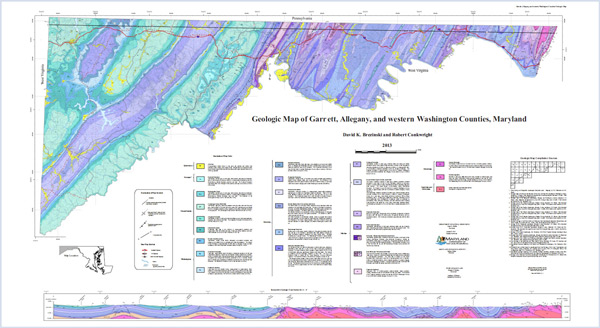By Rory D. Sweeney
Maryland Gov. Larry Hogan said Friday he will support a ban on fracking, potentially making the state among the first to enact a statutory ban on the oil and gas extraction method.
In making the announcement, Hogan, a Republican, departed from his previous stance that he would support the practice and that he believed it could be done in an “environmentally sensitive manner.” His new stance is the exact opposite, that it’s impossible for the process to occur without unacceptable environmental risks.
“I’ve decided that we must take the next step and move from virtually banning fracking to actually banning fracking,” he said. “The choice to me is clear: Either you support a ban on fracking, or you are for fracking.”
He made the announcement alongside state Sen. Bobby Zirkin (D-Baltimore), the lead sponsor of SB 740, which would establish the ban. The House of Delegates passed a ban on the practice by a veto-proof margin two weeks ago.
“Larry Hogan just took a big step for Maryland and the nation in moving us toward” solving global climate change, Mike Tidwell, the executive director of the Chesapeake Climate Action Network, said in a news release.
The controversial process of high-volume fracking has never been used in Maryland, but the state’s two-year moratorium is due to expire in October. Parts of western Maryland sit atop the Marcellus shale, a rock layer several thousand feet below ground laden with natural gas that runs from Ohio to New York. New York and Vermont already prohibit fracking.
Hogan said his decision was partially based on the state legislature failing to implement rules proposed last year that he said would have been the most stringent in the nation and made it “virtually impossible for anyone to ever engage in fracking in Maryland.” Because the legislature didn’t enact the regulation, Hogan is now supporting a statutory ban.
Prior to Hogan’s announcement, the ban looked unlikely to be approved this session. Legislators feared a veto from Hogan and instead favored extending the moratorium. Sen. Joan Carter Conway (D-Baltimore) had proposed extending the moratorium for two years and requiring each county and Baltimore City to hold referendums next year on whether to ban the practice locally. As the chair of Senate Education, Health and Environmental Affairs Committee, she will decide if the ban bill receives a vote before the moratorium expires.





